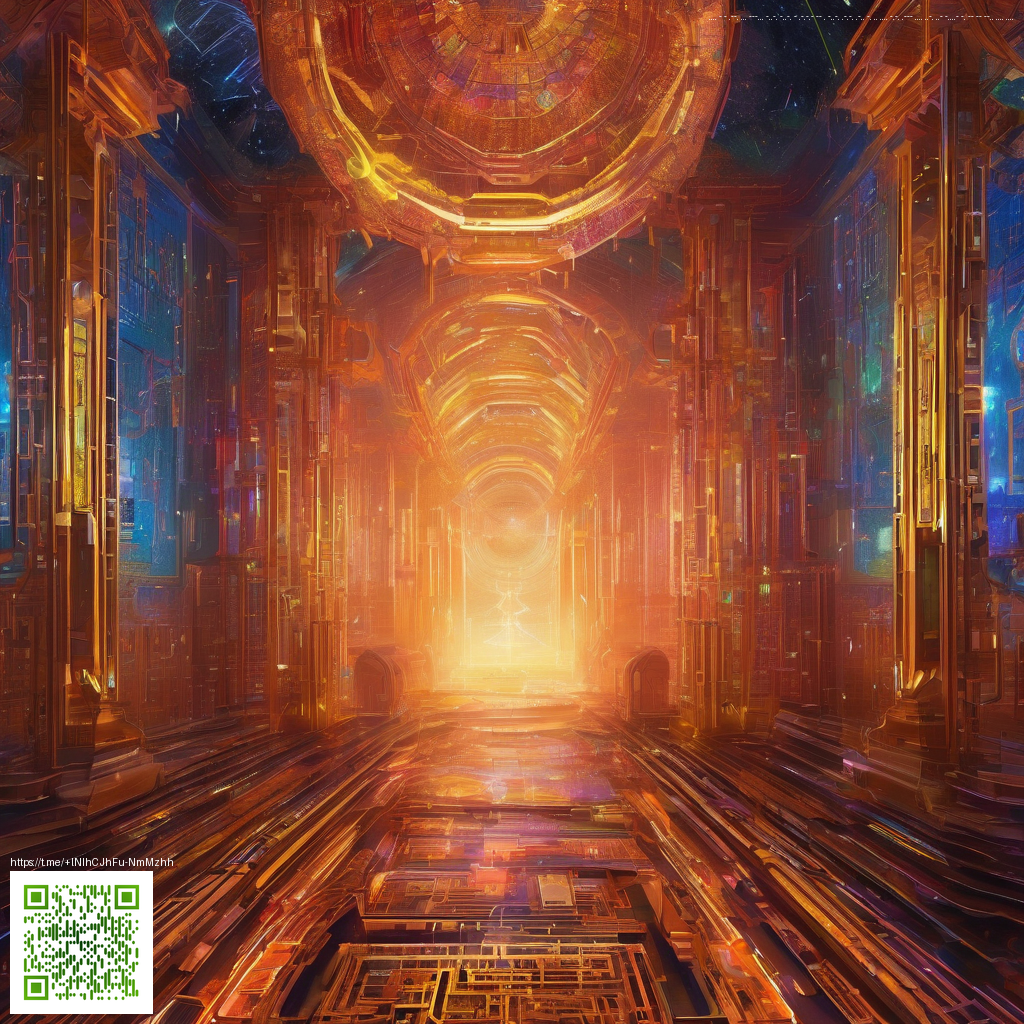
Laughter in the Empty Halls
A horror story where the echoes of children’s laughter linger in a school that forgot how to be alive.
Setting: The Old School
The town hasn’t changed, but the school has. It sits at the edge of the square, the brickwork pale from years of rain and neglect. Doors hang on their hinges as if politely inviting you to leave, yet the air inside is thick with sweetness and something older—like the scent of chalk dust after a rainstorm. When I push the stairs apart and descend, the silence beneath the floorboards feels almost ceremonial, as if the building itself is waiting for a guest to arrive who shouldn’t be there.
It begins with a sound you recognize but should never trust: a soft, bright laughter, the kind that kids emit when a game has turned perfect. It threads through empty corridors, padding along the tile with the precision of a cat, careful not to disturb the dust or the shadows. The sound is not cruel; it is insistently cheerful, a chorus that refuses to die even as the sun sinks behind the town’s roofs.
Echoes Underfoot
In the gym, the echo is a playground of echoes. Bare benches creak in a rhythm that sounds like clapping hands, and the fluorescent lights flicker in time with a distant giggle. In the music room, the piano keys shimmer with a pale, frightened glow, and every note fizzles into the room’s corners as if the instrument remembers how to play by itself. The halls bend and then straighten, guiding me toward a corridor that isn’t on any map I’ve ever seen, where the floorboards whisper words in a language I once spoke as a child but have since forgotten.
Here are the signs that the laughter is more than memory:
- Cool breath on the back of the neck, even though the air is dry as chalk.
- Dust motes spiraling into the shape of tiny shoes, tapping a quiet march on the tiles.
- A chorus of giggles rising and falling, never in unison, always just off by a single note.
- Chalk outlines along the walls, perfectly neat, of smiling faces that fade when you blink.
Unraveling the Echo
I find a classroom where the air feels like rain on a windowpane and a single chair sits at a desk as if awaiting a child who never arrives. On the desk lies a slate, its chalk writing a message I almost remember: come play, come back. When I touch it, the room tilts—the laughter travels from the walls into my chest, lifting me like a stirred ladder of air. I speak a name I’ve never said aloud in years, and the room answers with a new, old voice, not mine, yet mine enough to feel rightful in my mouth.
“Listen closely,” the voice seems to say. “We are not gone. We are here, waiting to be found again.”
In that moment I realize the halls aren’t haunted by horrors; they are haunted by possibility—the possibility that joy, once bright enough to bloom in a child’s heart, never truly leaves. It just waits for someone to listen long enough to remember how to hear it again.
The Quiet Afterward
When I finally rise to leave, the building exhales, and the laughter recedes into a single tremor of wind through the stairwell. I lock the door behind me, but I do not forget the sound of small feet lining up in an invisible row, nor the way the air tastes faintly of lilac and rain. Some memories, I understand, are not made of fear; they are made of a light that refuses to go out, even when the world insists on ending the day the way it began—quiet, empty, full of laughter that waits for the next visitor who dares to listen.